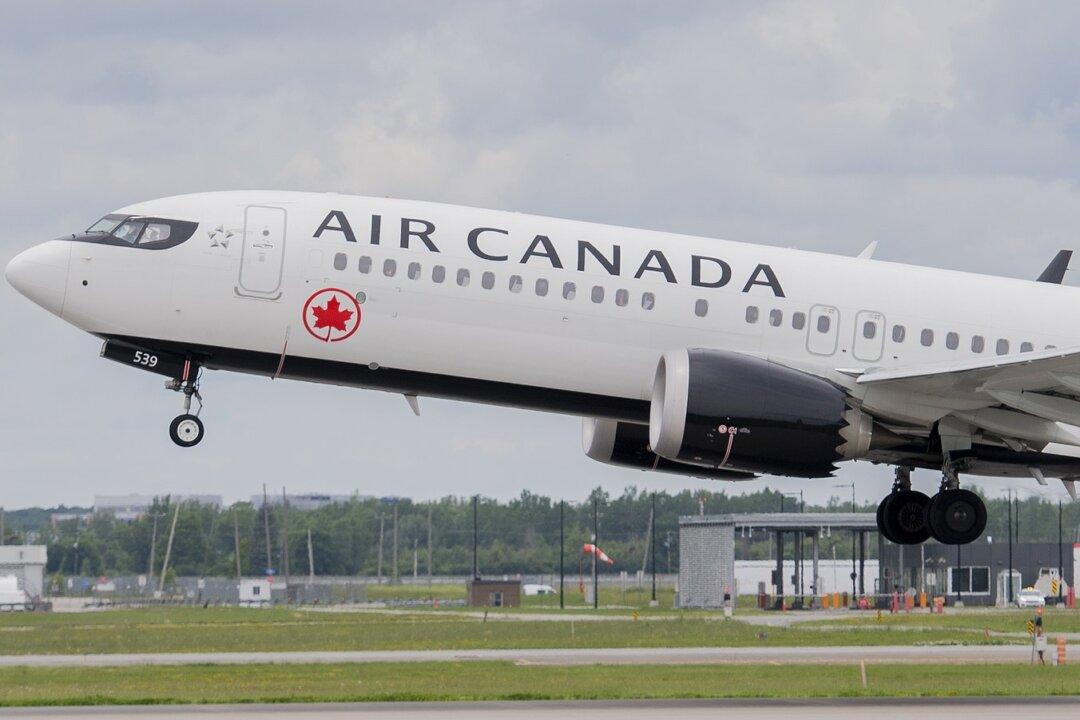After Ottawa announced border COVID restrictions would be lifted on Oct. 1, major air carriers issued statements criticizing how the federal government managed the pandemic in the travel sector, with Air Canada saying the measures weren’t based on science.
“Air Canada welcomes the removal of these restrictions, acknowledging that air travel is safe and that the measures were not justified by science,” Craig Landry, executive vice-president and chief operating officer at Air Canada, said in a statement.





